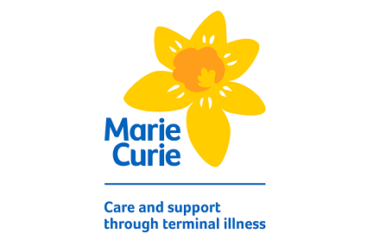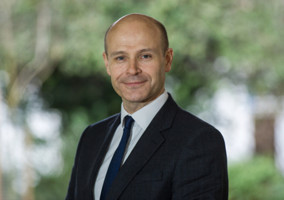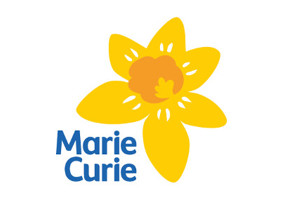Marie Curie has generated a surplus amounting to £4m before investment and pension gains, according to its Annual Report and Accounts 2018-19.
The surplus, which is the second in succession following a figure of £1.6m in 2017-18, came from a reduction in investment in nurses and the charity's helper service. Total expenditure on charitable activity, which includes running hospices and providing care at home, fell by 3 per cent to £103.4m.
Free reserves, the remaining portion after restricted and designated reserves are allocated, exceeded the upper end of the target range set by the charity's reserves policy, by £2.3m at year end in March 2019.
They stood at £48.8m, an increase of £8.3m from 2018. This was above the target requirement of £42.3m.
The report says: “An action plan has been approved by the trustees to bring reserves back to target in the medium term.”
NHS funding
Last year the charity said it had decided not to renew a number of nursing contracts after deciding it was not best placed to deliver.
This year, NHS funding of Marie Curie hospices fell to covering 35 per cent of the charity's total costs, down from 40 per cent the year before.
Income for nursing from the NHS increased by 1 per cent to £23.6m, covering an average of 50 per cent of costs.
The charity's total income fell by £2m to £157m in 2019 due to a £2m fall in donations and legacies.
Some £33.8m came from legacies and £62m from donations, events and other voluntary income.
Expenditure on fundraising, publicity, retail and investments also fell, to £49.3m - around £2m less than in 2018.
‘Men are under-represented’ in frontline roles
The mean gender pay gap at Marie Curie in 2018/19 was 11.2 per cent, down from 12.4 per cent the year before.
The report says: “Although we have fewer male employees at all levels of the organisation compared with numbers of female staff, proportionately more of the men we employ are in higher paid roles.
“We’re proud of the diversity across our whole workforce, but recognise there are particular challenges around recruiting men into frontline care roles; men are under-represented here across the sector as a whole.”
|
Related articles












